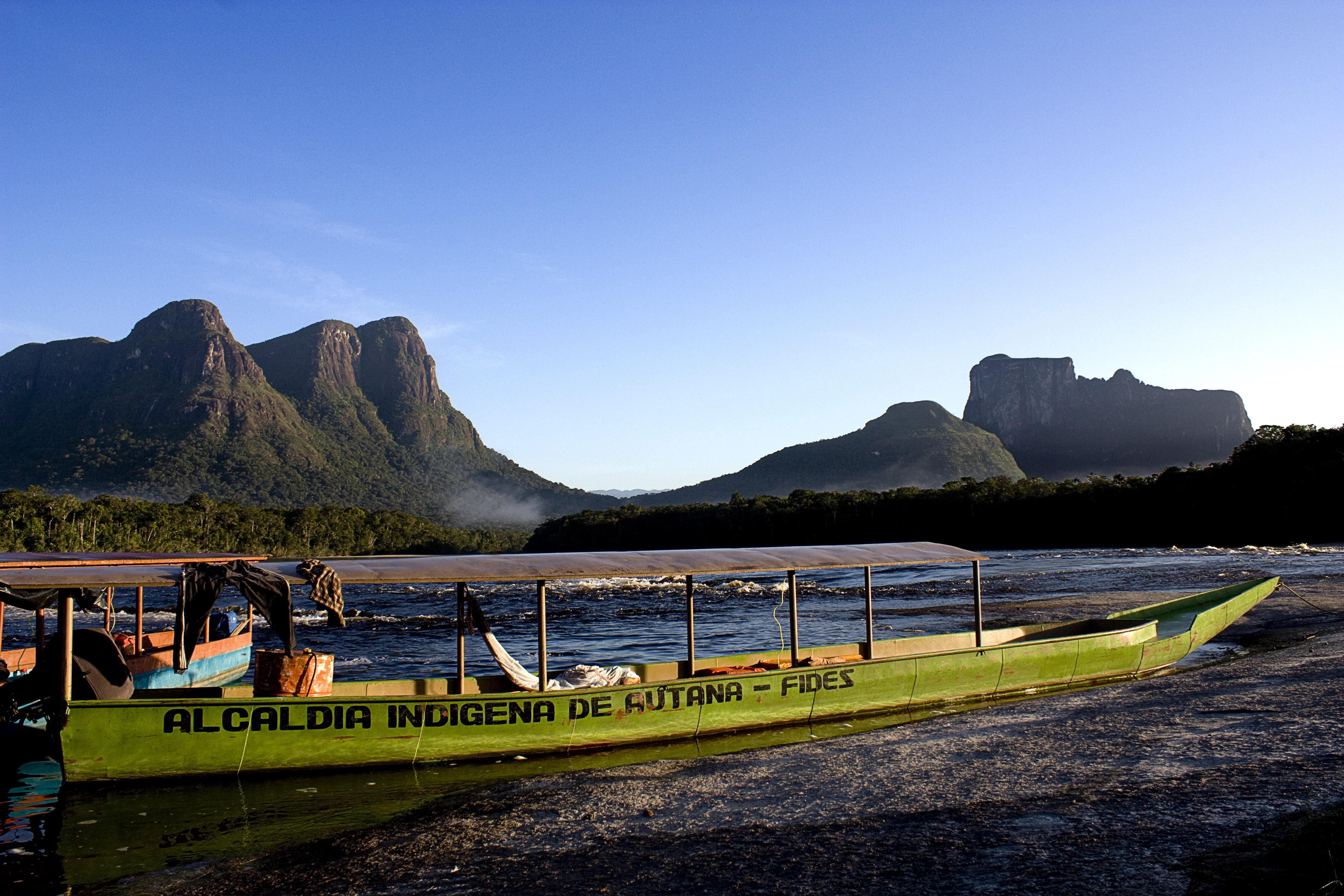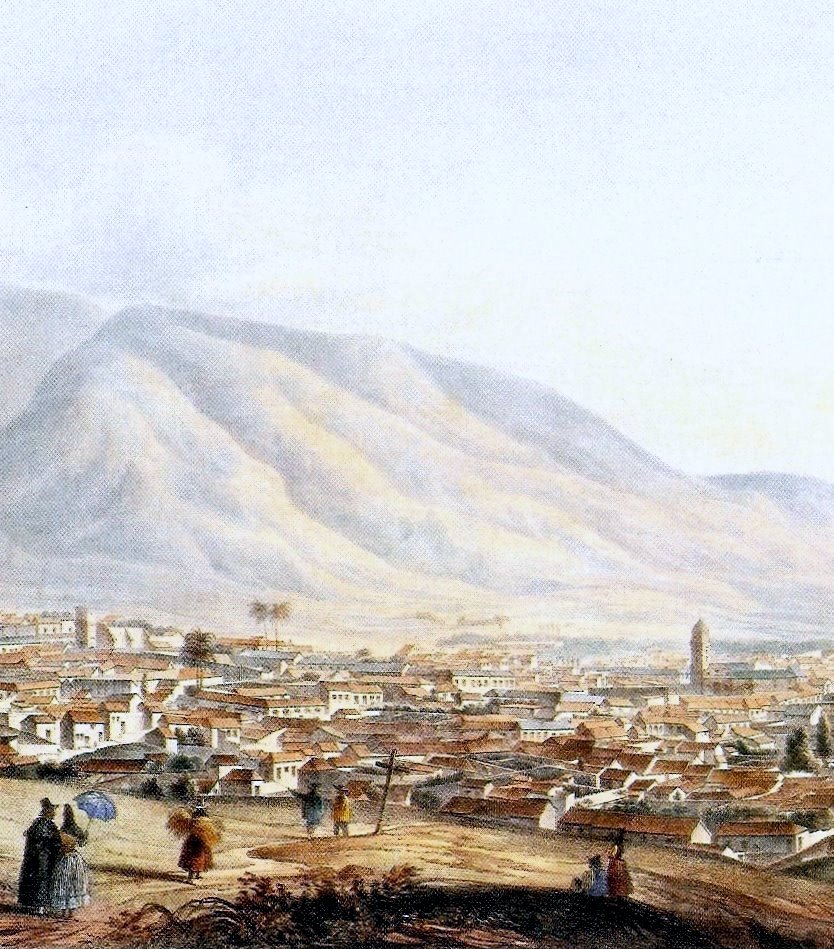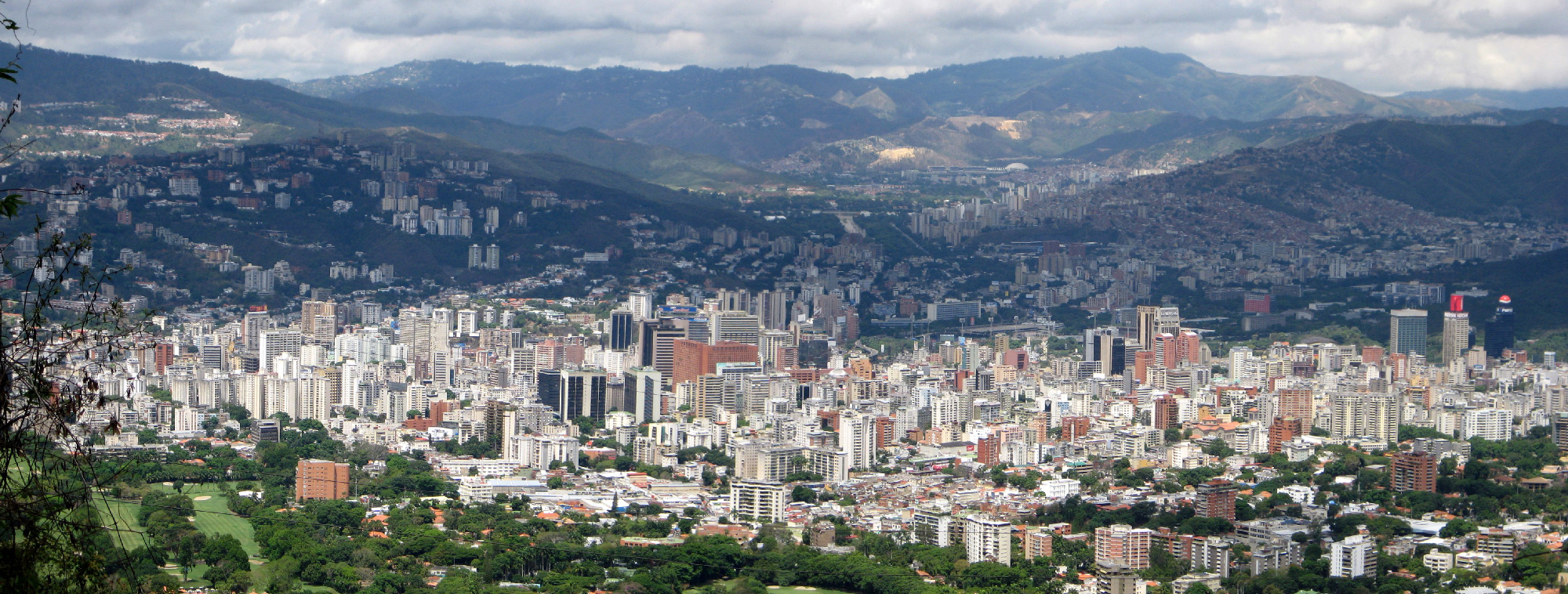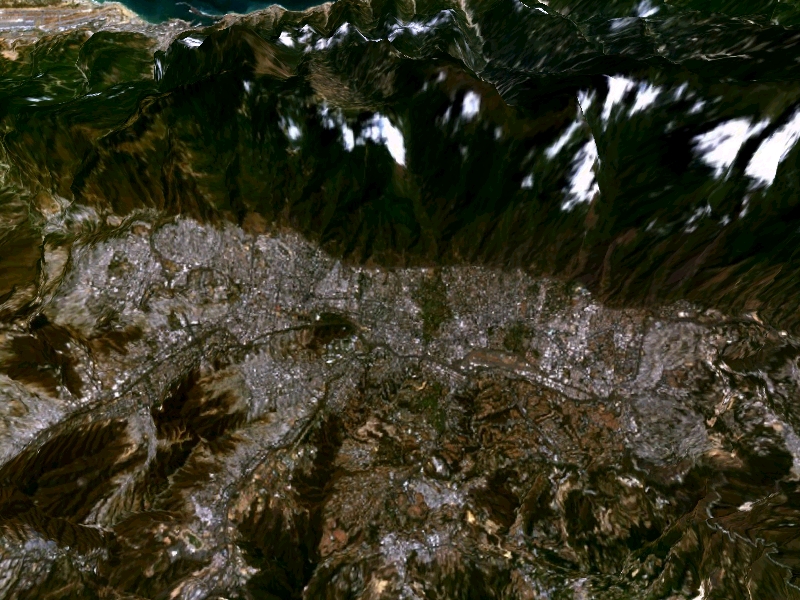Palestinians want to finally
declare their independence and they should do so. Unfortunately, the US government will try to do anything it can to oppose it.
Washington has repeatedly declared Palestine could not do this unilateraly, even if what Palestine is trying to do now is what Israel did 63 years ago. The US Americans ask for "patience", even if Palestine's lands get cut into pieces every day, sliced with beton walls to protect Israeli settlements that have appeared in the last couple of decades in occupied territory. And while the Israelis - through a clever management of their U.S. ties - want to put off any independence by the Palestinians, they keep on carrying out ethnic cleansing in the Occupied Territories (
1,
2,
3 and so much more).
What U.S. politicians and above all a large part of U.S. and British society don't grasp is that their inconditional, out-of-this-world support for a extremist Israeli position is ultimately detrimental not only to Palestinians but to U.S. and British interest. They are isolated themselves and creating yet more rejection from the rest of the world. Curiously, there is a much more open debate in Israel about how to behave towards the Palestinian question than in the U.S. People in the U.S. are afraid to be called terrorist supporter or the like if they utter a fraction of the things a lot of people in Israel can discuss about the Israeli policies.
The Israeli lobby will call anyone who wants an open debate on this "anti-Semite". No discussion, no, no, no. The Israeli lobby is not a single organisation but different interest groups, from religious or non-religious Zionists to liberals to staunch evangelical Christians who think their support will bring the Kingdom of Heaven closer to Earth. Still, it can lobby is extremely effective.
In 1948 the Jews got their independent state and not precisely by continuous negotiations with the Arabs. The Israelis had a terrorist organisation, Irgun, that murdered quite a lot of innocent people, including quite a lot of Britons. Irgun was absorbed by the Israeli military when the 1948 war broke out. Some of the terrorist leaders of Irgun became great leaders of Israel. One of them was Menachem Begin, after whom the main Israel airport and much more were called. The terrorist actions were not perpetrated by Irgun alone, though. There were quite a lot of actions the Israeli army carried out which were nothing but - here you have the word- war crimes. We don't talk about "colateral damage" but completely unnecessary, premediated and very lethal actions against civilians. Even people like Menachem Begin talked about them (more afterwards). Almost every other army in the world has carried out such atrocities, but somehow the Israeli lobby wants you to think the Israeli one is really more kosher than the rest. It is not. Not a single bit.
If you want to learn more details about that, don't let yourself be put down by people who warn you not to read sources they don't like, even if those sources were praised "by Bin Laden himself". Read, for example,
The Israeli Lobby and U.S. Foreign Policy or what Israeli historians such as Tom Segev have written.
 |
| "Don't read this, Bin Laden praised it!" |
If you want to learn about that, don't just read a fiction book like Exodus (I did, as a child and Israel's official position definitely looked much more romantic there).Start to take part in an open debate.
I fear in the coming weeks some vested interests are going to try to organise quite nasty actions to prevent Palestinians from doing exactly what the Israelis did many many decades ago.
Palestinians have as much right to that land as Jews. It is in the interest of the U.S., of the U.K. and of the whole world to support them.
On a not-so-unrelated issue about kosher, read
this.













